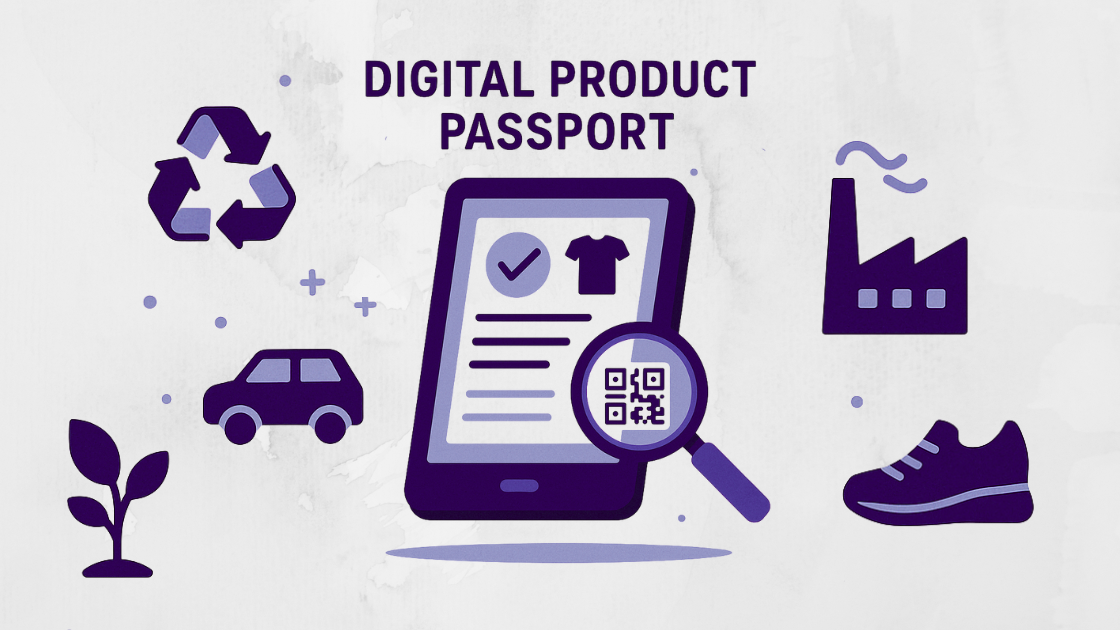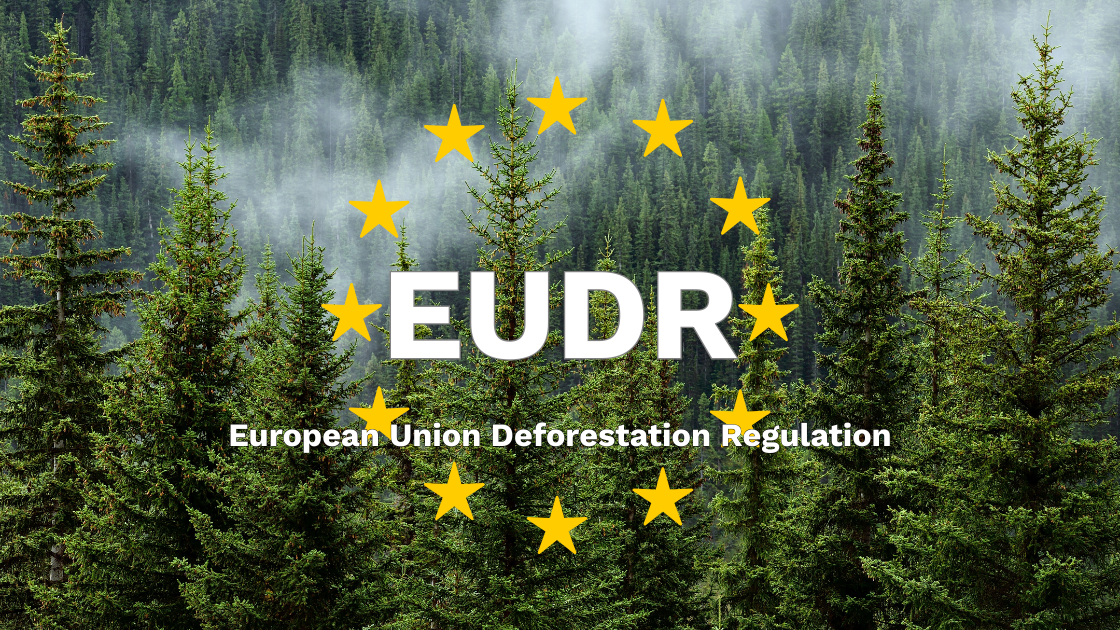Voluntary sustainability reporting on the rise: 1 in 2 businesses are already taking steps
Voluntary sustainability reporting is no longer an exception; it’s becoming the norm. Where sustainability used to follow rules and regulations mainly, businesses are now taking the initiative themselves. Research by Visma shows that 22% of companies already report voluntarily, and another 27% are considering it. In total, 68% of entrepreneurs say sustainability reporting is important. The Exact SME Monitor by The Hague University of Applied Sciences confirms this: 26% of small and medium-sized businesses already share results externally, and another 26% are preparing to do so. More than half of SMEs are therefore already demonstrating their sustainability efforts, or planning to do so.

From obligation to opportunity
The European Commission has delayed mandatory reporting for many larger companies (the so-called Omnibus or ‘stop-the-clock’ measure). For thousands of smaller businesses, the CSRD will never apply at all. However, that doesn’t mean sustainability reporting is irrelevant. On the contrary, precisely because it isn’t required, it can be turned into an opportunity. Voluntary reporting demonstrates that you take sustainable business seriously, look ahead, and stand out from the competition.
Why voluntary reporting is relevant
A sustainability report can add value in different ways. Some entrepreneurs are intrinsically motivated; they want to make progress visible and be transparent about their work. Think of mission-driven businesses and B Corps. Others are asked to report by customers, in tenders or by financiers. A third group views reporting as a strategic tool: a means to support sustainability claims, enhance reputation, and manage risks.
According to Visma, 46% of companies name transparency and credibility as the main reason, 34% want to strengthen stakeholder relationships, and 24% say voluntary reporting is simpler than complete CSRD reporting. Voluntary reporting is not a burden, but a smart move for the future.
Challenges for SMEs
Despite their willingness, many SMEs face similar hurdles: a lack of practical tools, limited resources, and unclear regulations. Especially larger SMEs feel the pressure. Of companies with 51-250 employees, 65% already receive data requests, often about CO₂ emissions, material use or HR policies.
The VSME standard: a “CSRD-light” for SMEs
At the end of 2024, the EU introduced a more accessible alternative to the complex CSRD reporting: the VSME Standard (Voluntary Sustainability Reporting Standard for SMEs). It’s the first European standard for voluntary sustainability reporting that can be used across the EU. It makes reporting easier, more practical and more consistent.
For SMEs, this is an efficient solution. Instead of repeatedly answering different requests from customers, financiers or other stakeholders, one single report can meet all requirements. SMEs can now share their sustainability information in a uniform, widely accepted way.
However, awareness is still low. Only 42% of companies have heard of VSME, and just 8% actively use it (Visma). Understandably, as the standard is only 9 months old. But by waiting, businesses miss the chance to make their sustainability performance accessible and structured.
Why a VSME report pays off
Preparing a VSME report for 2024 before the end of this year is both an innovative and practical way to reduce that burden. Even more importantly, a uniform VSME report makes ambitions measurable and communication more objective. It also provides space for certifications such as B Corp, ISO standards or the CSR Performance Ladder.
The key is to get started. Combine your financial year-end reporting with your VSME sustainability report each year. That way, voluntary reporting becomes not an administrative task, but a way to strengthen your business and prepare for the future. Not a box-ticking exercise, but a tool to show what you do, where you stand, and how you improve.
Ready to start?
Do you want to get started with voluntary sustainability reporting using the VSME standard? With Eevery, you can create a full report in just one click, get personal support, and save time for what really matters: running your business and making an impact.
Book a demo with Eevery today and discover how easy sustainability reporting can be.



